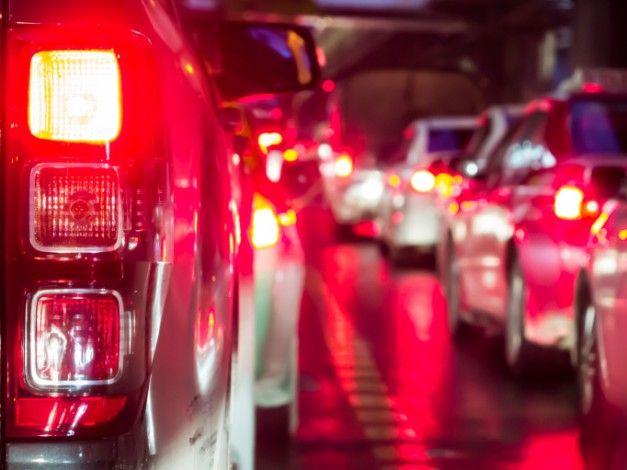If you have just been diagnosed with dementia, you may be wondering if you can continue to drive. Being diagnosed with dementia doesn’t necessarily mean you’ll have to stop driving straight away, although you will need to stop eventually. According to Alzheimer’s Society, most people with dementia tend to stop driving within three years of being diagnosed.
It’s important to be aware that you have a legal obligation to notify the DVLA (in England, Scotland and Wales) or the DVLNI (in Northern Ireland) of your diagnosis immediately. If you don’t tell the DVLA of any medical conditions that may affect your driving you could be fined up to £1000 and you could be prosecuted if you are involved in an accident. Failure to let them know about your dementia means you are breaking the law.
To inform the DVLA, you can download and complete a form CG1, a four-page questionnaire from the DVLA’s website. For more information, CLICK HERE.
However, if you have been diagnosed with Lewy body dementia, you will need to fill in a B1 form. For more information, CLICK HERE.
You will be asked to fill in the details of your GP and your consultant, the name of any clinics you are attending and details of your medication, including the name, dosage and the reason for taking it. The form asks questions about whether the medication you are taking makes you drowsy or confused when driving, whether you suffer from memory problems, whether another person assists you with daily living.
When you download the form you will also receive a medical consent form which, when completed, will give the DVLA authority to write to your GP and/or specialist and arrange for them to release any relevant medical information deemed necessary. The DVLA will then assess your fitness to drive and may require you to undergo a medical examination or some form of practical assessment, which it will pay for. In some cases, you may be advised by your GP as a precaution to stop driving until assessments are carried out and reviewed. This can take several weeks. It’s important to follow your GP’s advice.
If the DVLA decides you are eligible to drive, it will issue a new driving licence for a fixed period, usually of around one to three years, depending on the current stage of your dementia. Your condition will usually be reviewed once a year. If you have any concerns about your driving, it’s worth asking relatives to observe your driving on a regular basis.
While it’s understandable that you may be frustrated and concerned that you may have to stop driving, it’s also worth considering your safety and wellbeing. As the dementia progresses, you may feel less confident or more agitated when driving and the risk of getting lost and misinterpreting road signs will sadly increase.
If you do have to stop driving, or you decide to stop driving immediately, then it’s worth discussing this with your friends and family and putting a plan in place that will enable you to go out on a regular basis. If you normally drive to the shops for instance, you might be able to order your groceries online, or you could hand a list of items you need to a family member or friend and they could place your order on a regular basis. Of course, social interaction with friends and loved ones is important, so relatives might be able to take you out to restaurants or the shops on a regular basis so that you don’t feel isolated at home.
You might also want to set up a regular account with a local taxi firm and arrange for them to take you to the shops once a week.
It’s a difficult situation to accept, but when it does arise, it’s best to be prepared and have a plan in place so that you’re still able to lead a fulfilling and varied social life.
Useful contact information: You can contact the DVLA for further information on 0300 790 6802 or visit https://www.gov.uk/government/organisations/driver-and-vehicle-licensing-agencyYou can write to the DVLA at: DVLA, Swansea SA99 1DF

)
)
)
)
)
)
)
)